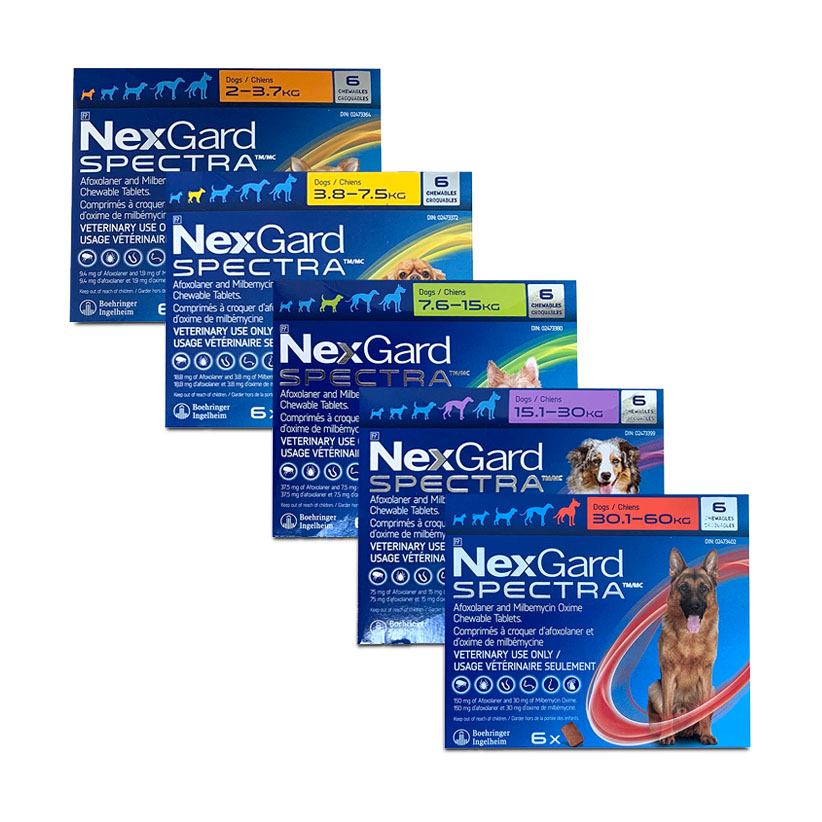Parasites
A parasite is any organism that attaches to a living host and takes nutrients for survival, often by accessing the host’s bloodstream. For pets, common parasites include ticks, fleas, worms, and ear mites. Fleas are more common, but ticks, which bite and remain attached indefinitely while feeding on blood, are particularly concerning. Worms and ear mites also pose significant health risks for pets.
What Causes Parasites?
Parasites typically infect pets through incidental exposure. Fleas are acquired from contact with infested animals, while ticks are picked up outdoors, especially in wooded areas. Ear mites spread through close contact, and worms can be contracted by ingesting larvae. Heartworm, the most dangerous parasitic worm, is transmitted through mosquito bites. Poor hygiene or unsanitary conditions can also contribute to parasite infestations.
Parasite Symptoms
Symptoms vary depending on the type of parasite. Flea infestations cause chronic itching, raised red bumps, and potentially flea allergy dermatitis. Ticks are harder to detect since they don’t cause immediate symptoms, making regular fur checks important. Worm infestations may result in weight loss, gastrointestinal issues, lethargy, and coughing. Ear mites often cause persistent scratching and brown, flaky discharge from the ears.
Parasite Treatment
Preventative medications, such as combo flea and tick treatments, are the best way to manage parasites. Topical treatments and oral chews are effective options. Products like Advantage Multi treat fleas, ticks, and worms. Dewormers are necessary for treating helminthiasis, but heartworm prevention is crucial to avoid serious health complications. A veterinarian may recommend specific treatments depending on the type and severity of infestation.
Signs & Symptoms
- Diarrhea (sometimes with blood or mucus)
- Vomiting
- Weight loss despite normal or increased appetite
- Scratching or biting at the skin (external parasites)
- Visible worms or segments in feces or around anus
- Dull coat or hair loss
- Pot-bellied appearance in puppies or kittens
- Coughing (in case of lungworms or advanced heartworm)
- Anemia (pale gums due to blood loss from parasites like fleas or hookworms)
Anatomy
- Gastrointestinal tract (stomach and intestines)
- Skin and fur
- Lungs (in case of lungworms)
- Blood vessels (in case of heartworms)
- Liver (in case of liver flukes)
Cause
- Ingestion of parasite eggs or larvae from contaminated food, water, or soil
- Direct contact with infected animals
- Flea infestations leading to tapeworm infections
- Bite of an infected mosquito (heartworm)
- Poor hygiene or unsanitary living conditions
- Exposure to ticks (transmission of certain blood-borne parasites)
Diagnosis
- Fecal examination for parasite eggs or larvae (fecal flotation)
- Blood tests to detect specific parasites (e.g., heartworm antigen test)
- Skin scraping to identify mites (e.g., mange)
- Direct examination of coat or skin for fleas or lice
- ELISA test for blood-borne parasites
- Urine analysis for kidney or bladder parasites
- Imaging (ultrasound or X-rays) for detection of internal parasite infestations (e.g., lungworms)








